Robert Boyle and the Limits of Reason
In this study of Robert Boyle's epistemology, Jan W. Wojcik reveals the theological context within which Boyle developed his views on reason's limits. After arguing that a correct interpretation of his views on 'things above reason' depends upon reading his works in the context of theological controversies in seventeenth-century England, Professor Wojcik details exactly how Boyle's three specific categories of things which transcend reason - the incomprehensible, the inexplicable, and the unsociable - affected his conception of what a natural philosopher could hope to know. Also covered in detail is Boyle's belief that God had deliberately limited the human intellect in order to reserve a full knowledge of both theology and natural philosophy for the afterlife.
{{comment.content}}
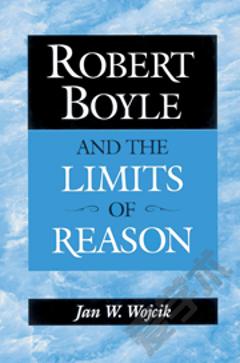

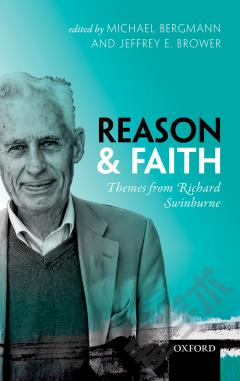
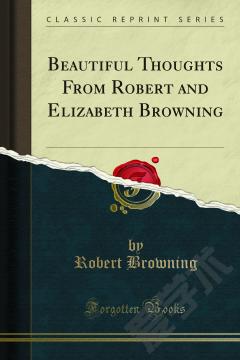
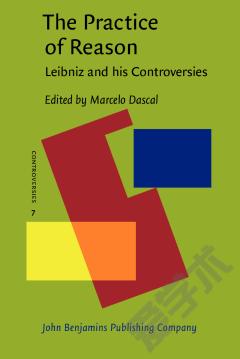
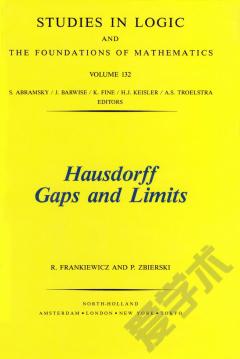


 京公网安备 11010802027623号
京公网安备 11010802027623号